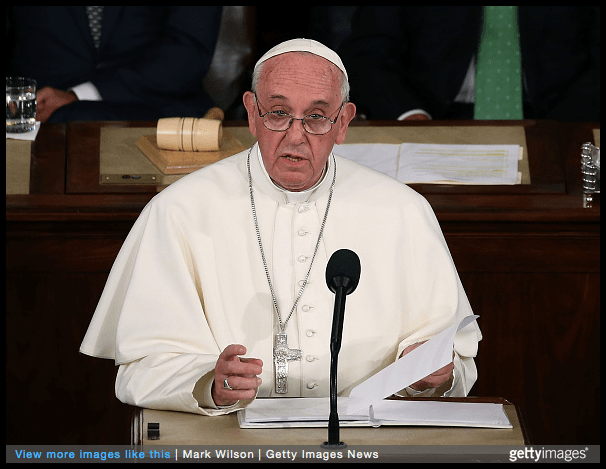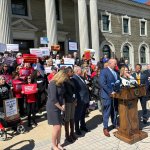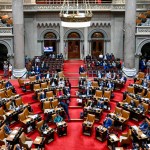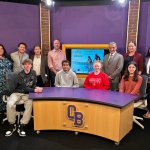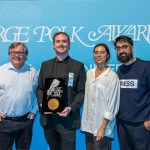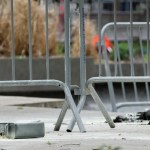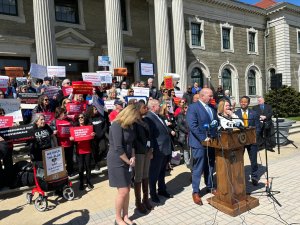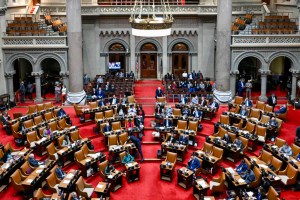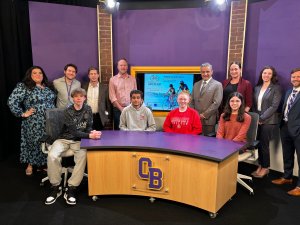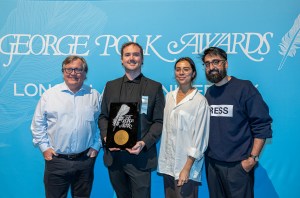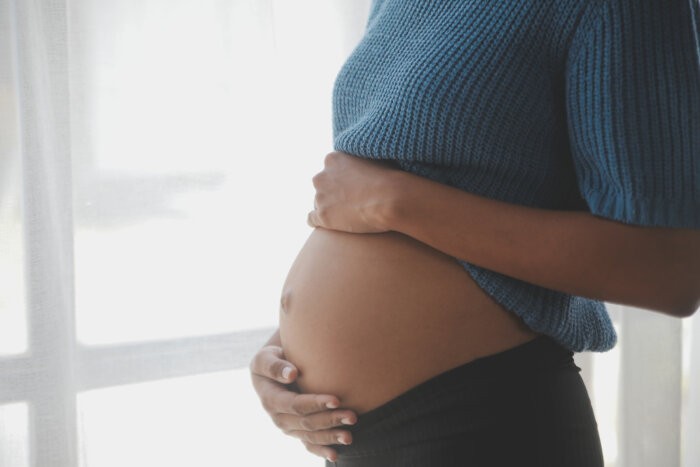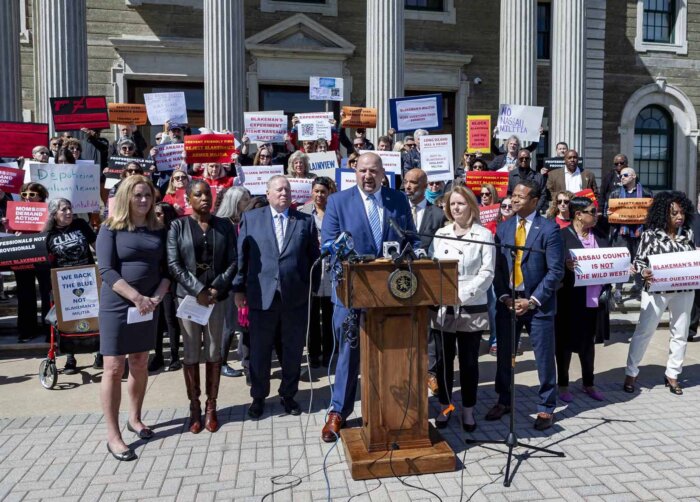Congress on Thursday got a lesson in morality and compassion from His Holiness but how long that message resonates once the pontiff leaves Capitol Hill is anyone’s guess.
Pope Francis, the shepherd of the world’s 1.2 billion Catholics, stood before members of Congress and offered an impassioned plea for lawmakers to unite in raising families out of extreme poverty and reciprocating the openness that immigrants in the past were met with, while reminding them of their duties to those they serve—“especially those in situations of greater vulnerability or risk.”
Francis, who made history as the first Pope to address a joint meeting of Congress, spoke passionately about a number of hot-button issues engulfing America today, including climate change and income inequality. Perhaps his most forceful plea came when he called for the “global abolition of the death penalty.”
“I am convinced that this way is the best, since every life is sacred, every human person is endowed with an inalienable dignity, and society can only benefit from the rehabilitation of those convicted of crimes,” Francis said.
The pontiff prefaced his death penalty remarks by talking about the world’s “responsibility to protect and defend human life at every stage of its development,” prompting sustained applause from lawmakers. His remarks appeared to be a veiled reference to abortion, but his quick transition to the death penalty left everything up to interpretation. Afterward, Rep. Peter King (R-Seaford) told the Press by phone that the overall consensus was that Francis was speaking about abortion.
The Pope, who remains very popular in the US and around the world, did not deviate from addressing poverty and the plight of immigrants–issues that have made him such a worldwide favorite, even among people who lost faith in the Catholic Church or never showed much interest in its teachings.
“I would encourage you to keep in mind all those people around us who are trapped in a cycle of poverty,” Francis said. “They too need to be given hope. The fight against poverty and hunger must be fought constantly and on many fronts, especially in its causes. I know that many Americans today, as in the past, are working to deal with this problem.”
On immigration, he spoke about how being a son of immigrants has influenced him. He likened the current Syrian refugee crisis to the movement northward of South and Central Americans fleeing gang violence and brutal drug wars.
Mentioning immigrant parents seeking a better life for their families, Francis said: “Is this not what we want for our own children?”
“We must not be taken aback by their numbers, but rather view them as persons, seeing their faces and listening to their stories, trying to respond as best we can to their situation, to respond in a way which is always humane, just and fraternal,” the pontiff said. “We need to avoid a common temptation nowadays: to discard whatever proves troublesome. Let us remember the Golden Rule: ‘Do unto others as you would have them do unto you.’”
The Pope’s whirlwind US tour began Wednesday. He arrived in Washington D.C. to the type of pageantry and pomp that in retrospect does not represent the spirit he has embodied since his papacy began two years ago—as a champion of the poor and the marginalized. But with the palpable excitement that has engulfed the US since his long-awaited trip was announced, it’s difficult to imagine holding a more subdued celebration for a man so revered by millions worldwide.
From coast to coast, the Pope’s visit has drawn interest from Catholics and non-Catholics alike.
At St. Peter of Alcantara Roman Catholic Church in Port Washington Thursday about a dozen people, mostly parishioners, eagerly peered at the television as they waited to hear Francis’ remarks.
They washed down bagels with coffee and listened to every word of newscasts covering the joint meeting of Congress. The media coverage gave the event the air of a Super Bowl pre-game show, replete with analyses and a breakdown of Francis’ brief period as the shepherd of the Catholic church.
The Pope makes a historic visit to New York City Friday and Lourdes Taglialatela, 50, of Medford, will be among thousands at Central Park in Manhattan seeking to catch a glimpse of Francis.
Taglialatela, the director of the parish social justice ministry at St. Peter of Alcantara, said she sees the face of Jesus Christ in Francis.
“He has breathed new hope and a new passion into the Church, into the Catholic Church, into the Christian faith,” she told the Press. “And I think he’s going to be a remarkable force in uniting the Church.”
“He is a man who is for the poor; his heart is for the poor,” she added. “That’s his plight. His plight is for justice for the poor, and that’s really our mandate as Christians: to reach out and take care of the poor.”
Taglialatela could hardly contain her elation over Francis’ pending visit. When someone poked her head into the room, she loudly exclaimed: “There’s coffee and bagels—and the Pope!”
The Francis viewing party was organized by Long Island Jobs with Justice, a workers’ rights and economic justice advocacy group based in Hauppauge.
Victoria Daza, 27, the immigrant rights organizer for the group, appreciates Francis’ encouraging nations to be more accepting of immigrants.
“I see it as more of a moral question,” Daza told the Press. “The fact of the matter is that if you are someone who values kindness, if you’re someone who values solidarity with those who are disenfranchised, then you cannot take a neutral stance on immigration because one of the most moral figures in our world is taking a stance on it.”
Daza can sympathize with families seeking a new life. Daza left Peru with her grandmother when she was six years old. They crossed the US border together while her mother was being held as a political prisoner. One year later, Daza’s mother was able to secure political asylum in the US, she said.
Seated in upholstered chairs in a semicircle facing the television, the group quietly watched Francis speak. Certain moments, like when Francis touched on family and faith, drew soft applause from some viewers.
Afterward they briefly answered questions about his address. The majority were impressed with Francis’ ability to raise important issues without preaching or waving a finger of discontent.
“He brings out the best even through his gestures,” said one woman. “He gives you many things to aspire to.”
Daza said she was moved by the Pope’s comments on abolishing the death penalty.
Another woman noted that his presence in America is important because the country is a “fire keg” right now.
“He’s unifying everybody,” offered Taglialatela.
Father Patrick Whitney, who’s been the priest at St. Peter of Alcantara Roman Catholic Church for nine years, reflected on Francis’ overall theme of compassion.
The pontiff, he said, delivered a message of encouragement and the importance of “talking to each other and really respecting each other, no matter what religious background or no religion…that there’s a dignity about every human being and we need to begin to respect each other.”
Parishioner Kathy McIntyre is hopeful Francis convinced people to be more tolerant of each other.
“There will be differences on every single issue,” she told the Press, “but the challenge is to find the common ground and make it better for society.”
With a potential federal government shutdown looming and an already vitriolic presidential race in full swing, the question is how lawmakers will use Francis’ message to better society.
“Just being there was exhilarating, very moving as a Catholic,” Rep. King told the Press by phone after the session ended with the pontiff. “But a majority of the Congress is not Catholic, and it just seemed to be that reaction through the entire hall. But I certainly was very moved by him just being there.”
King said the big takeaways were the moral issues the Pope raised, specifically about immigration and the environment.
“We do have to look at foreigners being the same as ourselves, and we have to realize that immigrants are good people,” said King, the former chairman of the House Homeland Security committee. “At the same time…I also believe that we have to find a way to control our borders, and we have to have a much better idea of who’s in the country and who’s not. Otherwise, why have passports and visas and everything else? But again, I think it’s important that when we debate these issues, we do it honestly, and we try not to demonize and not try to attack the other side or somehow dehumanize the immigrants that we’re talking about.”
The Congressman noted that Francis’ message appeared to resonate in Congress, but he’s not sure how long that will last, given the pressing issues rippling through the legislative body.
“I think it did among some, but already there’s talk about shutting the government down on our side, and I think some Democrats almost relish the thought of the government being shut down so that they could say that we’re morons,” he said. “But it did have some sort of calming effect anyway.”
Despite never having set foot on US soil before, Francis did not waste time ingratiating himself with his guests. He spoke about President Abraham Lincoln—”the guardian of liberty”—and Martin Luther King Jr., and his dream for a more inclusive America.
“The challenges facing us today call for a renewal of that spirit of cooperation, which has accomplished so much good throughout the history of the United States,” Francis told the lawmakers. “The complexity, the gravity and the urgency of these challenges demand that we pool our resources and talents, and resolve to support one another, with respect for our differences and our convictions of conscience.”
The Pope’s America tour continues in New York. He’s scheduled to perform mass at Madison Square Garden and parade through Central Park, where more pomp and circumstance no doubt awaits.



